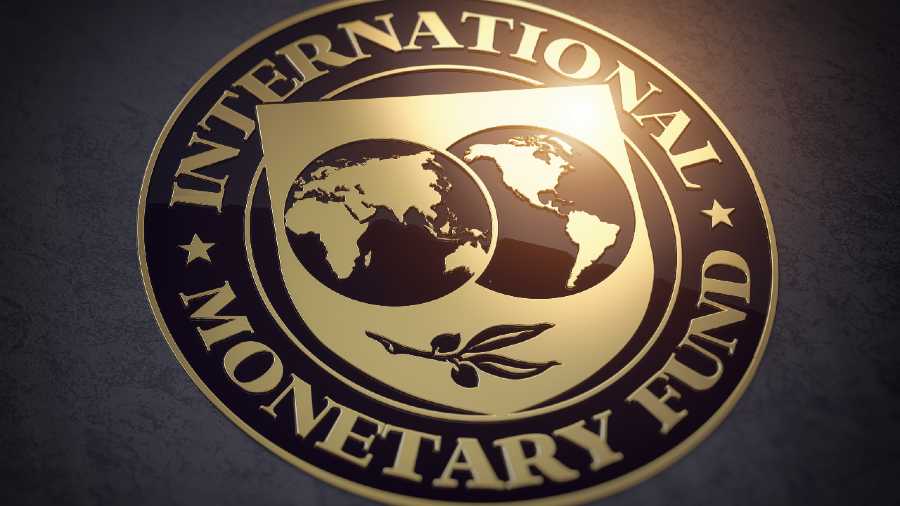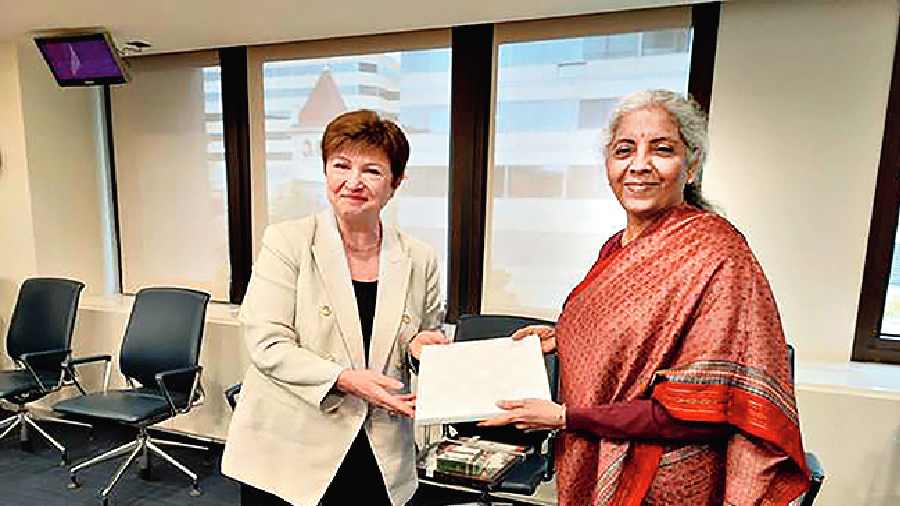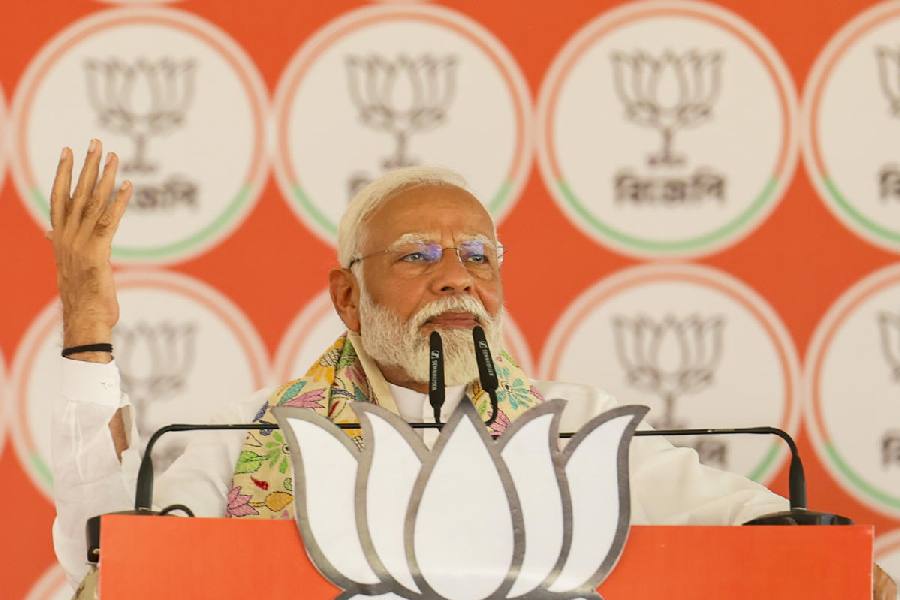The world economy has entered a period of intense uncertainty as a capricious pandemic and the fallout from Russia’s war in Ukraine are fuelling inflation and weighing on an already fragile global recovery.
These colliding challenges are confronting policymakers and central bankers in the US and Europe as they seek to bring down inflation without slowing growth so much that they tip their economies into recession. In the last week, international organisations and think tanks have begun slashing their forecasts for growth and trade as they assess the war’s disruptions to global energy, food and commodity supplies, as well as China’s sweeping lockdowns to contain a renewed coronavirus outbreak.
The pall over the world economy was underscored on Tuesday by the IMF, which said in its World Economic Outlook that global output was expected to slow this year to 3.6 per cent, from 6.1 per cent in 2021. That is a downgrade from a January forecast of 4.4 per cent growth this year.
“Global economic prospects have been severely set back, largely because of Russia’s invasion of Ukraine,” Pierre-Olivier Gourinchas, the IMF’s chief economist, wrote in a blog post accompanying the report. “This crisis unfolds even as the global economy has not yet fully recovered from the pandemic.”
The economic concerns are a central topic for policymakers convening in Washington this week for the spring meetings of the IMF and the World Bank.
Gourinchas said the war was slowing growth and spurring inflation, which he described as a “clear and present danger” for many countries. He added that disruptions to Russian supplies of oil, gas and metals, along with Ukrainian exports of wheat and corn, will ripple through commodities markets and across the global economy “like seismic waves”.
But he acknowledged that the trajectory of the global economy would depend on how the war proceeded and the ultimate breadth of the sanctions that the US and its allies in Europe and Asia imposed on Russia.
“Uncertainty around these projections is considerable, well beyond the usual range,” Gourinchas said. “Growth could slow down further while inflation could exceed our projections if, for instance, sanctions extend to Russian energy exports.”
Rising prices around the world show no signs of abating, the IMF said, even if supply chain problems ease. It expects inflation to remain elevated throughout the year, projecting it at 5.7 per cent in advanced economies and 8.7 per cent in emerging markets.
Other international organisations and research groups have also pared back their forecasts. At the Peterson Institute for International Economics, a Washington think tank, economists expect global growth to decline from a rapid 5.8 percent in 2021 to 3.3 per cent annually in 2022 and 2023.
The World Bank also expressed alarm about the state of the global economy, warning that the lingering pandemic could amplify income inequality and poverty rates.
(New York Times News Service)











